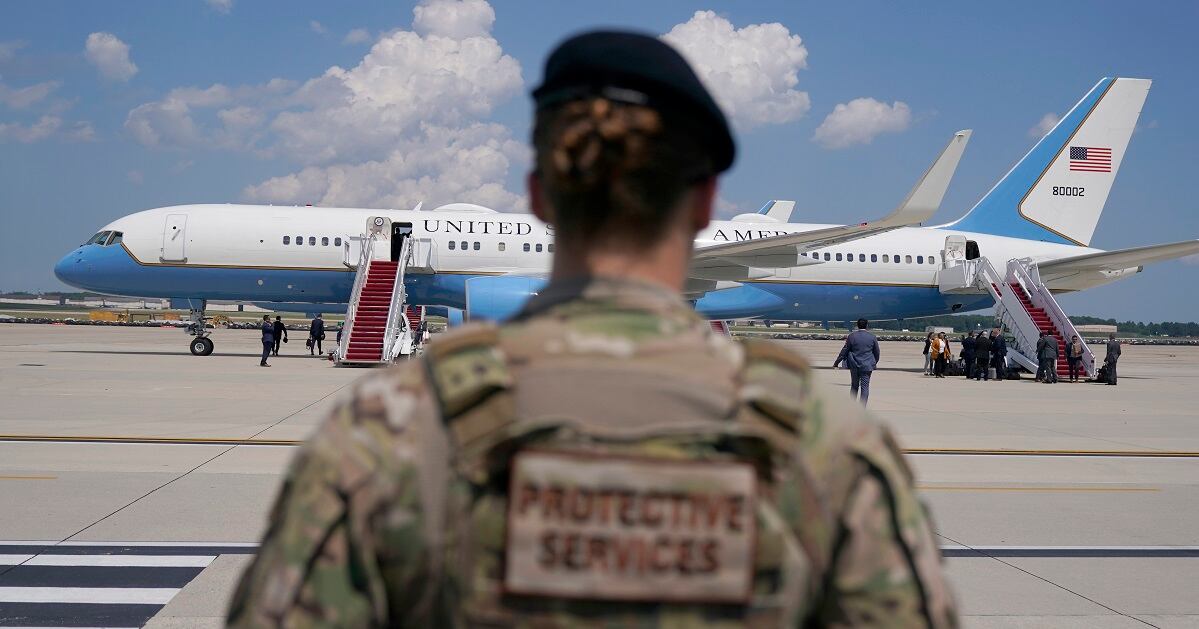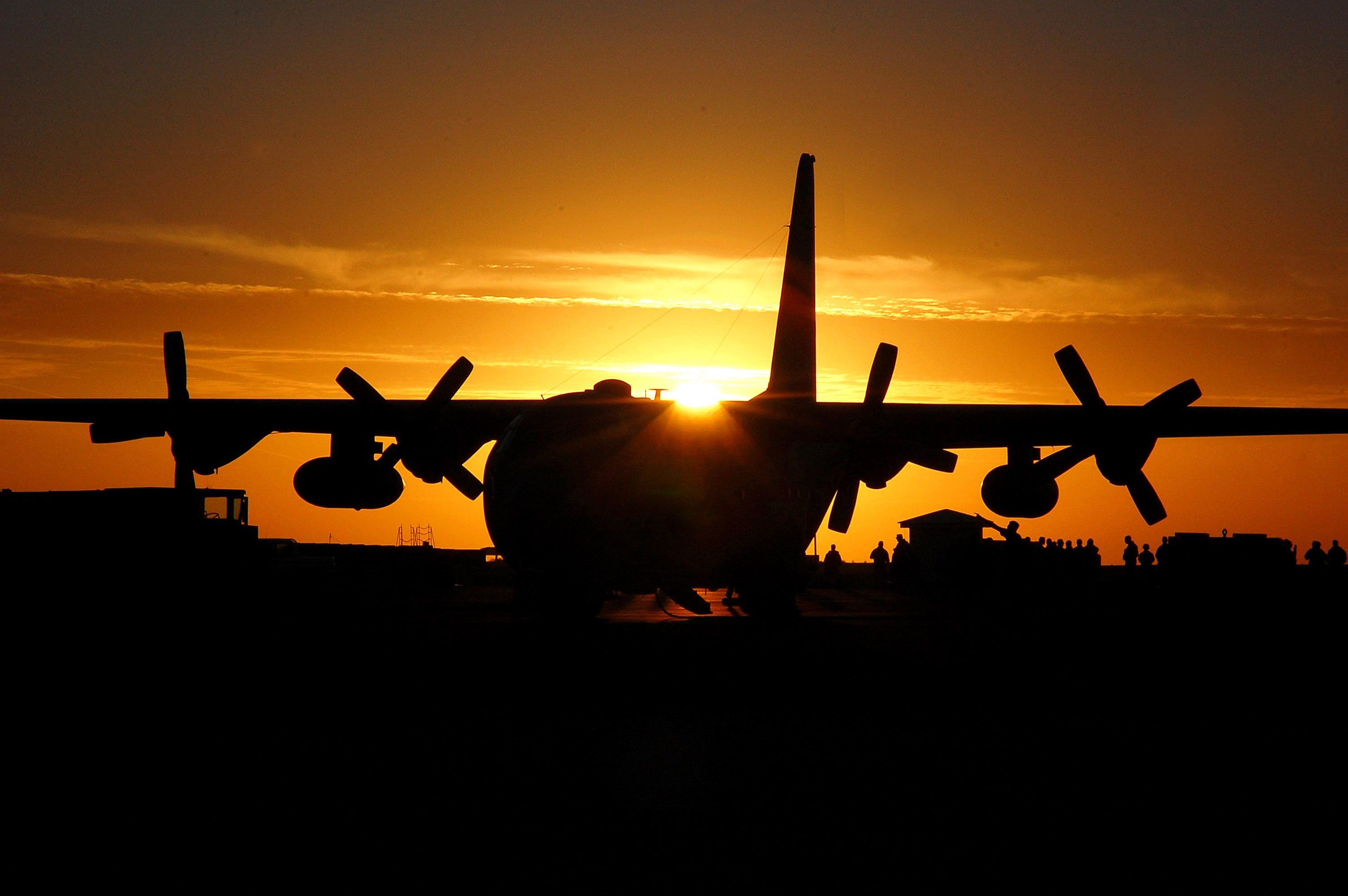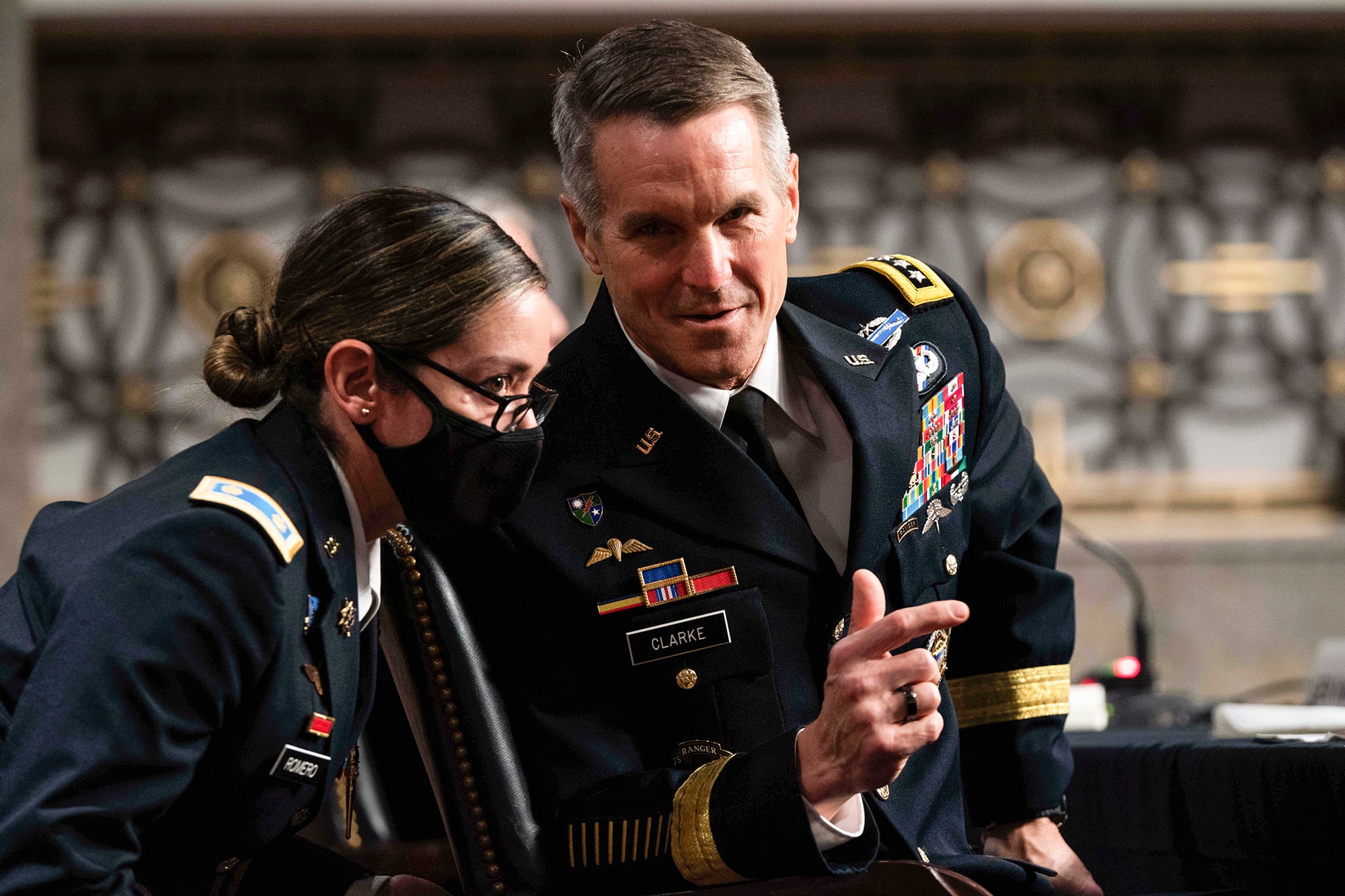Earlier this year, the Air Force’s first in-depth study on the experiences of troops of different races, ethnicities and genders shed new light on the disparate treatment that airmen and guardians face each day. But the latest update to those findings tells a more nuanced story.
Women typically make up an equal or higher share than men in promotions, enlisted leadership and professional military education designations, and the number of women joining the Air Force and Space Force is growing.
However, the Air Force acknowledged Tuesday that white women are overrepresented in those areas, skewing the numbers on female diversity across the force. That means that while the service is becoming more gender-diverse, those gains aren’t equitable across women of various races and ethnicities.
RELATED

What’s more, men from minority groups distort the data on racial and ethnic diversity as well.
For example, while Black members comprise about 13% of the Department of the Air Force’s roughly 697,000 military and civilian employees, figures plummet when the focus turns to Black women — 4% of active-duty airmen — and Black female officers, who make up less than 1% of the active-duty force.
“Minority females were notably underrepresented in career fields that historically lead to wing commander, and in top senior leadership positions such as chief master sergeant, wing commander and senior executive service,” the Air Force said.
The pilot corps appears more diverse overall than it does when comparing non-white male and female fliers — the latter of whom make up less than 1 percent of active-duty pilots. And in active-duty operations jobs, female representation for all races and ethnicities decreased as rank increased.
White women are also overrepresented in “all enlisted leadership positions across components except [regular Air Force] command chief,” the service said. “The consistent overrepresentation of white female enlisted leaders may mask the underrepresentation of females of other races and ethnicities in enlisted leadership positions.”
There are currently no Black, Asian American, Pacific Islander, Native American or multiracial female general officers in the Air Force or Space Force’s combat operations career fields. At least one has pinned on a star in a non-ops job: Brig. Gen. Gail Crawford, operations and international law director of the Air Force Judge Advocate General’s Corps.
RELATED

“Yes, this is a small population. Ten percent of our active duty are our female service members of color. But given the challenges we face as a country, we’re not going to write off the experiences of 10% of our force,” Undersecretary Gina Ortiz Jones, a Filipina Air Force veteran, told reporters on a call Tuesday.
The shortfall isn’t only limited to women: Asian American men are underrepresented in officer and enlisted leadership jobs compared to men of any other race or ethnicity.
“Hispanic/Latino and Asian American [men] had consistent disparities in promotion opportunities,” the Air Force said of uniformed members. “They were promoted below the average rate for all [active-duty] enlisted and officer promotions.”
The analysis also looked at differences in disciplinary action, accessions, professional military education and leadership opportunities across men and women from various backgrounds.
When it comes to trusting fellow wingmen to treat people equally, minority women were the most skeptical in the report. They have a lower opinion of racial and ethnic disparities in the Air Force than their male counterparts, the report said, particularly among Black women.
Nearly half of Black women said Black troops would be less likely to receive the benefit of the doubt when facing discipline, compared to 7% of white airmen and guardians and one-third of all minority members.
About 40% of minority members — again led by Black women — responded that they have to work harder than their white peers to prove they are good at their jobs. Only 10% of white airmen and guardians agreed with the question.
RELATED

Women reported that they trust their chain of command to address racist, biased, sexual and other derogatory comments less than men did. White women trust their commanders more than minority women do, particularly in the Black and Native American communities.
“Native American females indicated they experienced sex-based discrimination or sexual harassment at a higher rate than all other racial, ethnic and gender groups,” the report added.
The Air Force released the disparity review addendum at the same time as another study of psychological and physical harm endured by service members since 2018, highlighting the violence levied against female airmen and guardians of color as well.
Lt. Gen. Sami Said, the Air Force inspector general, told reporters that minority airmen and guardians often noted the racial slurs and other harassment they face at work, and their frustration with supervisors who don’t do much to crack down on that behavior.
“It’s widely known that women of color are disproportionately affected by sexual assault and sexual harassment,” Jones said.
“When we think about how we are creating an inclusive environment, we have to address … the greater disparity in trust in leadership when it comes to addressing racism, bias, derogatory comments and behaviors,” she added.
Editor’s note: This story was updated Nov. 11 to clarify information about the number of minority female general officers in the Air Force, and to attribute a quote to Undersecretary Gina Ortiz Jones.
Rachel Cohen is the editor of Air Force Times. She joined the publication as its senior reporter in March 2021. Her work has appeared in the Washington Post, the Frederick News-Post (Md.), Air and Space Forces Magazine, Inside Defense, Inside Health Policy and elsewhere.




